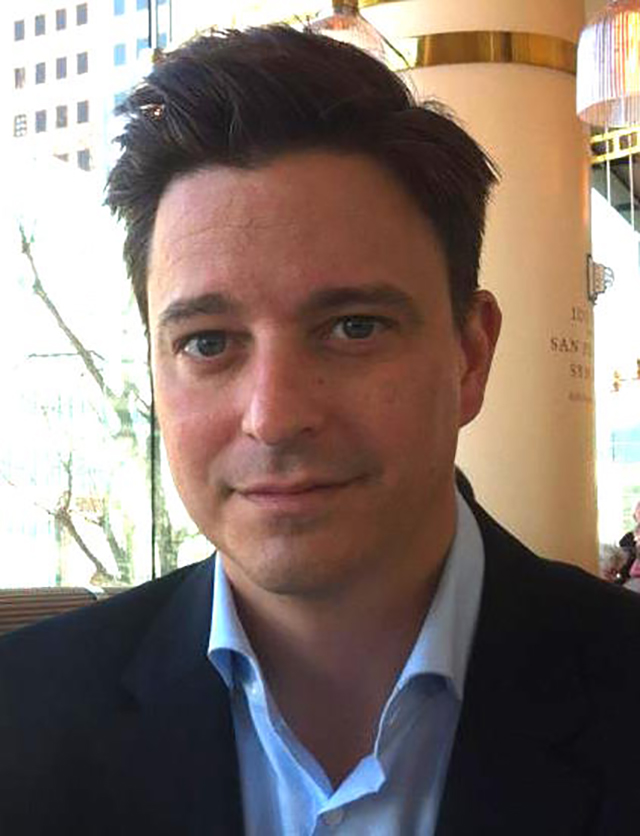One of the most important shifts in cannabis perception in America is that legalization is no longer an ideal sought only by younger generations. The long-held stereotypes about pot that were hammered into American culture through the 20th century are wearing off. As the Baby Boomers approach their 70’s, many are becoming reacquainted with cannabis’ recreational properties, and many others are discovering its palliative and therapeutic value for ailments that come with later age.
And yet, most of the businesses emerging in the legal cannabis realm cater to the millennial mindset, which has evolved massively from the simple joints and bongs culture that Baby Boomers may be familiar with. Few attempt to court the 76 million Americans in the 51-69 age group that have spending power and are open to weed.
Ryan Hunt started Weedy.com as a way for Baby Boomers to educate themselves about cannabis, learn about the innovations that have changed cannabis products and find dispensaries close to them. As the number of medical marijuana states continues to grow, Weedy continues to cater to those who have been later to adopt but remains just as enthusiastic as any younger group.
In this week’s Weed People, Hunt tells us about his views on legalization.
Describe your involvement with cannabis in all aspects, personal, professional, etc.
A while back, I was diagnosed with Ulcerative Colitis, a chronic digestive problem that the non-psychoactive element in marijuana (CBD) can help manage. I heard about how others with this condition had benefited from CBD but, due to the lack of information available to the public, it took months to figure it all out on my own. A small team and I decided to build a site to inform the public of the many valuable benefits of marijuana. Weedy.com connects patients to doctors and dispensaries and to an abundance of strain specific medical marijuana information. With Weedy.com, we aspire to ultimately save lives by providing an invaluable resource to patients and the medical marijuana community.
How is state-level legalization affecting your cannabis-related activities?
Here in San Francisco, I can have any flowers or edibles delivered to me within about 15 minutes. When I travel south, there are barren stretches where there are no dispensaries or services based on zoning regulations. Once I get close to LA, the world is my oyster again. We are hopeful that laws will change, and medical marijuana will be widely accepted and patients will turn to this alternative medicine.
What are some of the victories of state-level legalization in your area?
I would say, without a doubt, the biggest victory is that we are no longer sending people to jail for possession. We talk about legalization victories, but probably the biggest impact on our communities is keeping our non-violent young men and women out of prison.
What are some of the failures of state-level legalization in your area?
We lack regulation in California. This leaves it up to each city or county to interpret and enforce regulations as they see fit. For instance, in San Jose we saw 73 dispensaries cut down to just a handful in late 2014 because the county decided to zone them out. Each city has it’s own rules, and they constantly change. It’s frustrating to run a business or plan for the future under these circumstances.
Do you believe the federal government is making progress towards decriminalization or legalization?
It depends who you talk to. I think we are making progress, but what we really need is a system of banking. As long as banks are too nervous to work with dispensaries and companies supporting the industry, we are stuck in this all-cash economy that is limiting us all.
How long, do you predict, before weed is completely legal in America?
1975? That’s what we thought back then. All of this can change, we aren’t at a tipping point yet. Hopefully once it’s not classified as a scheduled A drug, the federal government will change its laws. 2016 will be a big year. Once we see California go recreational, the rest should follow shortly. Prediction? Let’s say 2018 and get behind the Drug Policy Alliance and NORML with enough money and support to get this done.
How long, do you predict, before weed is completely legal in the world?
I think we’ll have to do as Stephen Hawking suggests and leave the planet before that happens.
What is the biggest challenge facing legalization on a state level?
Finding enough funding and support to change the laws. Laws don’t just change on their own. There’s an army of people working and lobbying behind the scenes to get this done. This army influences politicians in each state and bills get introduced, backed, sold to the public and voted on. We can change the laws but only if we get involved. This is why I created Weedy.com to educate the general public on all the medicinal benefits of cannabis use because there is so much misinformation.















